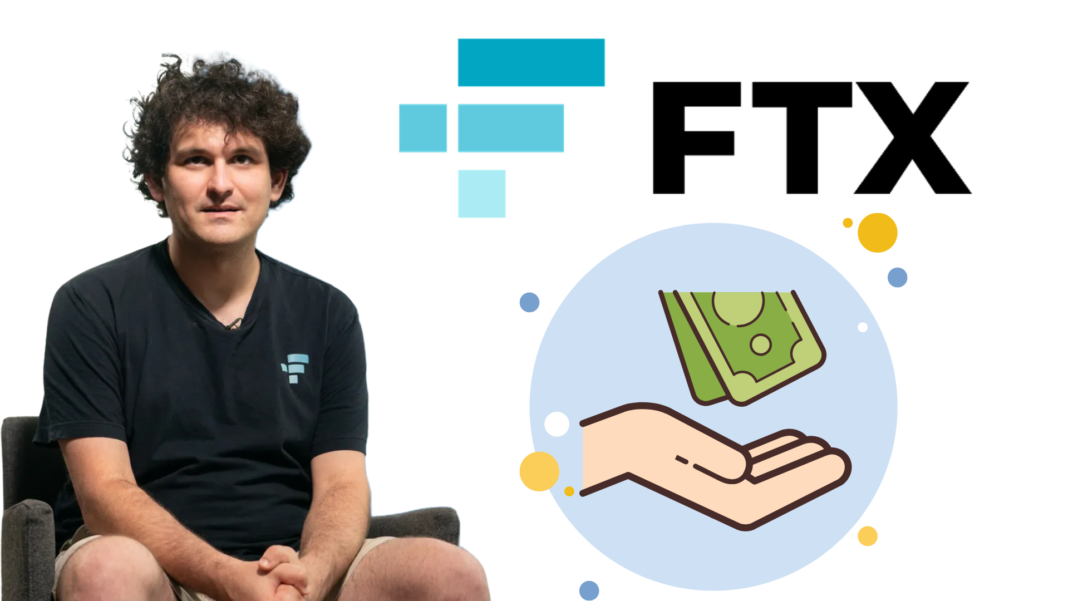Sunil Kavuri, representing the largest creditor group of the bankrupt cryptocurrency exchange FTX, has highlighted significant challenges faced by creditors worldwide in recovering their claims.
In a recent post on X (Twitter), Kavuri disclosed that creditors residing in countries such as Egypt, Iran, Nigeria, Ukraine, China, Russia, and Saudi Arabia currently cannot receive distributions through the custodial exchanges BitGo and Kraken, which are the appointed distribution providers for FTX.
What is the Reason?
Kavuri’s update included an official statement from FTX Debtors, noting that eligible jurisdictions for distribution are still under review.
According to the statement, as of January 16, 2025, creditors from these restricted countries cannot choose a distribution provider through the FTX Customer Portal.
FTX has assured creditors that the list of eligible jurisdictions will be updated in due course, reflecting any changes in distribution accessibility.
Also Read: Mad Lads NFT Collection Floor Price Surges $18K As Mother Company Backpack Acquires FTX Europe
This news comes amidst growing concerns over the FTX debt distribution plan. Many creditors are wary of the potential tax implications associated with the current mechanism, which primarily involves U.S. dollar (fiat currency) payments. Kavuri had previously warned that creditors could face losses ranging from 30% to 40% due to tax liabilities tied to the distribution process.
This concern has added another layer of complexity to the already challenging task of reclaiming funds from the now-defunct cryptocurrency exchange.
Requirements for Getting Distributions
To qualify for distributions, creditors must complete certain pre-distribution steps, including selecting a distribution agent via the FTX Debtors’ Customer Portal. FTX has also issued warnings about the growing threat of scams, advising customers to be vigilant against phishing emails and fraudulent websites mimicking its official portal.
The broader implications of FTX’s jurisdictional limitations and tax-heavy distribution mechanism have raised questions about the fairness and inclusivity of the recovery process.
Creditors from excluded countries face additional uncertainty, as their ability to recover funds depends on the resolution of jurisdictional eligibility issues. For many, this represents a significant roadblock in an already protracted and stressful claims process.
The ongoing challenges underscore the difficulties faced by global creditors in navigating the aftermath of the FTX collapse. With the exchange’s bankruptcy proceedings unfolding under intense scrutiny, the resolution of these issues will likely set a precedent for how international creditors are treated in future crypto-related insolvencies.
As creditors await updates on eligible jurisdictions and distribution mechanisms, the FTX saga continues to serve as a stark reminder of the risks associated with unregulated financial platforms.
For now, many affected users can only hope that the process will eventually provide equitable resolutions for all, regardless of geography.
Also Read: FTX’s Bankruptcy Plan Takes Effect: What’s Next for Investors and the Crypto Market?


